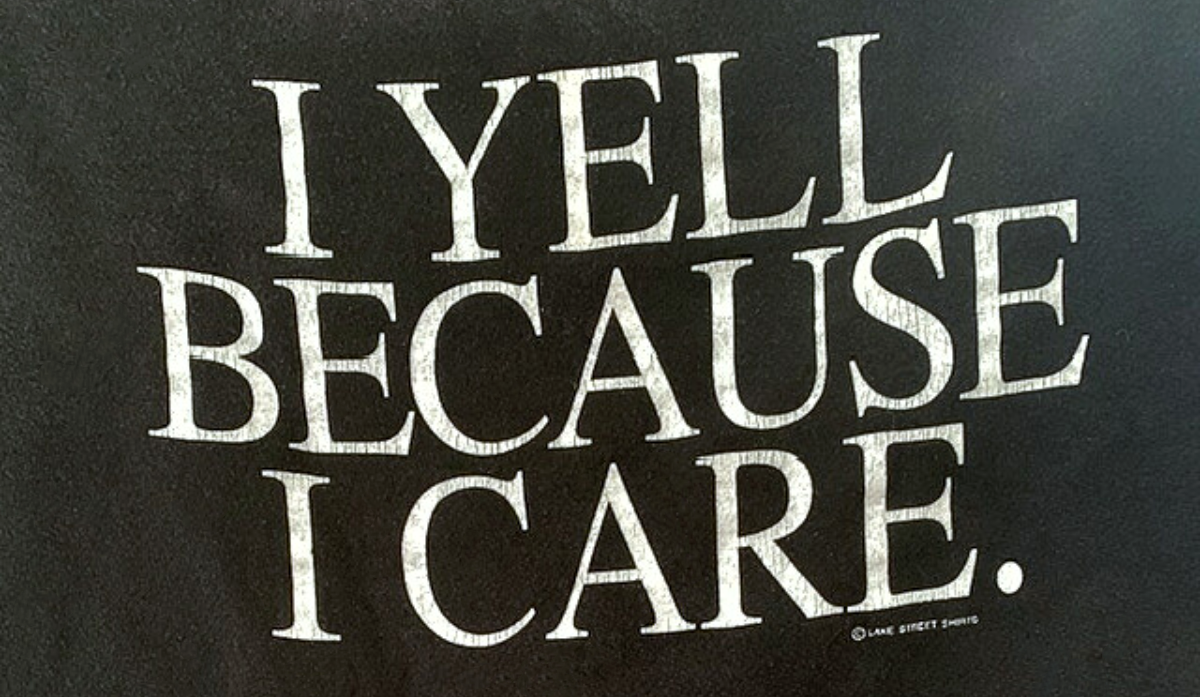
Benefits of Mindfulness for Workplace Productivity
In today's fast-paced world, it's easy to feel overwhelmed and distracted. With competing priorities, tight deadlines, and a constant stream of information, it can be challenging to stay focused. Practicing mindfulness, the act of being present and aware in the moment, can help improve your productivity and overall well-being.
For me personally, there are some days where no amount of mindfulness practice will cut through the deluge of work and life that can overwhelm. I’ve learned through the years, though I'm not too great at it, that I need to cut myself some slack.
Meditation and mindfulness are often conflated. Mindfulness doesn’t require constant focus for longer periods of time and it brings in the idea of "no judgement," something we could all use a little more of these days. Why? There is no silver bullet for well-being. As my colleague, Bill Mugavin, Director of Consulting Services at FlashPoint, reminded me last week, it’s simply about doing a little bit more each day and those little bits add up.
In a previous blog, FlashPoint provided a few practical ideas for 1-minute up to 1-hour or more that can help you bring a little more mindfulness to your weekly work life. As a starting point, think about the benefits we’ve noted below and see what fits well for you. What do you want more of in your daily work life? What matters to you?
FIVE KEY Mindfulness PRACTICES
1. Create a More Centered and Focused Workspace
Setting aside some time for mindfulness practice can help you regulate your emotions and reduce stress levels. Mindfulness brings a sense of calm and clarity to your work environment. As you become more present and aware, you can more easily filter out distractions and focus on the task at hand. This helps you stay productive and feel more at ease throughout the workday.
2. Trust Your Own Capabilities and Open You to New Possibilities
When you're mindful, you can observe your thoughts without judgment and develop a greater sense of self-awareness. When you're mindful, you're more connected to your thoughts, feelings, and surroundings. This connection can help you trust your instincts or your own innate intelligence and that leads you to feel more confident in your ability to solve your own problems. As a result, this confidence may help you take more risks, try out more innovating ideas, and lead you to greater success. Mindfulness has been linked with enhanced creativity, helping to activate the parts of the brain responsible for creative thinking and problem-solving.
3. Assist in Fighting Fatigue
Mindfulness can help combat mental fatigue by giving your brain a chance to rest and recharge. Taking short breaks to practice mindfulness can help you feel refreshed and re-energized to tackle the tasks ahead. It’s not a cure all for more systemic fatigue or other more severe issues, so leverage these short breaks to check in with yourself on what you really need over the long run.
4. Interrupt Procrastination
Procrastination feeds on distractions and a wandering mind. When you're mindful, you can learn to quiet your thoughts, and stop procrastination by reducing the power of distractions over you. You're also better able to recognize when you're feeling overwhelmed or distracted. This awareness can help you interrupt the cycle of procrastination and get back to the task at hand.
5. Help Overcome Distractions and Interruptions
In a digitally connected world, it's all too easy to get sidetracked by emails, social media notifications, and other interruptions. When you're mindful, you're less reactive to distractions and interruptions. Practicing mindfulness regularly can help train your brain to stay focused and avoid getting sidetracked by external factors. By focusing on the present moment, you can more easily prioritize important tasks and avoid feeling overwhelmed by your to-do list.
The benefits of mindfulness are myriad – whether it is helping to refocus after an interruption, to creating calm in a sea of change, or enhancing productivity in the workplace. Practicing mindfulness can help increase your focus, creativity, and resilience to distractions, all of which can lead to a more productive and fulfilling workday.
When people feel meaningfully connected and psychologically safe at work, they bring their best ideas and effort to every challenge. The 4 Stages of Psychological Safety Workshop is a valuable opportunity for anyone who wants to set the stage for innovation and create a healthy and productive workplace. Psychological safety is suitable for any employee, executive, leader, manager or team—anyone who wants to move the dial on innovation, inclusion, appreciation of diversity, or to improve the culture at their organization.












